Column

Britain's Queen Elizabeth II talks to students during an official visit to the University of Birmingham, central England, May 5, 2000. Photo: AP/UNB
The longest-reigning monarch of Britain and the Head of the Commonwealth of Nations, Her Royal Majesty, Queen Elizabeth II is no more. As she breathes her last, an air of gloom descends on the Buckingham Palace. Though mainly a ceremonial figurehead, she was the symbol of UK's national identity and pride and a major player on the world stage for last seventy years. Though the golden days of monarchy were long over, Queen Elizabeth II steered the British monarchy into the 21st century. Her allegiance to British kingship, love of the United Kingdom and concern for her people shone through her visions and actions. She took a number of extraordinary steps to modernize British monarchy and the line of succession. Her steps towards gender equality in the most comprehensive sense of the terms are a major breakthrough in the fulfilment of human rights.
What amazes me is that Queen Elizabeth II came to Bangladesh on November 14, 1983 on a goodwill visit, traveled to the remotest corner of the country by train, was astonished to see how muri was made out of rice and was impressed with the art of traditional Bangladeshi handicrafts and embroideries. If the lost ancient fabric called Dhaka Muslin had still existed, I can say for sure, the fashion-conscious Queen would have been amazed to see it. However she must have known that this was the East India Company who tolled the death knell of the muslin industry.
Prior to that visit, the Queen had visited the then East Pakistan (now Bangladesh in 1961. As a matter of fact, she had a passion for travelling and visited most of the countries in the world. Since she had travelled more than a million miles, she was dubbed "Million Miles Monarch". And in these million-mile-travel is include our Bangladesh.
We also proudly remember that Bangabandhu Sheikh Mujibur Rahman, the Father of the Nation, after Independence of Bangladesh, met the Queen at the Buckingham Palace and at two Commonwealth Heads of Government Meetings (CHOGM) in Ottawa and Kingston whose memories are everlasting. Bangabandhu's daughter Prime Minister Sheikh Hasina during the 25th CHOGM in London on April 19, 2018, visited the Queen at Buckingham Palace and joined a dinner hosted by her. Bangabandhu's younger daughter Sheikh Rehana too joined the Platinum Jubilee celebrations of the Queen's accession to the throne held between June 2 and 5, 2022. On the Golden Jubilee of Bangladesh's independence, a message came from the Queen extended to the people of Bangladesh, which was very passionate and felicitous. As she put it: "We share ties of friendship and affection, which remain the foundation of our partnership and are as important today as fifty years ago."
This sounds fantastic. But the people of once colonized land may not accept the felicitations of the representative of the colonizers with good grace and may tend to cast aspersions on it. It is true that the experiences of the people of the subcontinent during the brutal colonial regime of the East India Company and the British Raj were not happy enough to be obliged to. What the British colonial rule did to them is best exemplified by the bloody massacre of the innocent civilians-men, women and children-- perpetrated by the British troops at Jallianwala Bagh, a walled garden in Amritsar, on April 13, 1919. More than a hundred years have gone by, but none from the British side has ever made an apology for this heinous atrocity.
However, all this does not apply to Queen Elizabeth II as an individual. She ascended the throne in 1953 succeeding her father George VI, five years after India gained independence. She was the first British monarch to take on after the Partition of India. When she visited India along with her husband Prince Philip, Duke of Edinburgh, for the first time in January, 1961, the royal couple were given a rousing reception by millions of Indians standing on either side of the road from Delhi airport to the President's house. People, ferried from remote areas of the country to the capital by busses, trains and oxcarts, were wandering on the streets to catch a glimpse of the royal couple. Though the Queen was no longer the Empress of India, it appeared as if she was the Empress of millions of Indian hearts. The royal couple were made guests of honour at the grand Republic Day parade on the invitation of the then President Dr. Rajendra Prasad. It was noticeable that the British monarch visited Jallianwala Bagh in 1997 to pay homage to those killed in the 1919 massacre. Many however, expected her to make an apology. But the Queen stood in solemn silence in remembrance of the ones killed in the massacre which is however no less than making an apology. So, to weigh all the British monarchs on the same scale sounds quite preposterous. Queen Elizabeth II was sort of a benevolent monarch. She made history by signing the new 16-Point Commonwealth Charter in 2013 in which the concept of gender equality is clearly endorsed. The new laws give men and women equal rights-and even equal access to the throne. The first child of the Queen's grandson William, regardless of whether it is a boy or a girl, is a monarch in the queue. The document also hints at gay rights and same sex marriage which is a revolutionary step forward.
The lovely lady had a good innings and graced the globe with her towering presence. The world is now waiting to see the queen buried and a new king proclaimed-- the end of an era and the beginning of a new.
As a member of the Commonwealth, Bangladesh mourns the Queen's death, expresses condolences for the bereaved Royal family and congratulates the next King, now deceased Queen's oldest son Charles III.
Dr. Rashid Askari: Bengali-English writer, academic, columnist, fictionist, translator, media personality and former vice chancellor of Islamic University, Kushtia Bangladesh. rashidaskari65@gmail.com






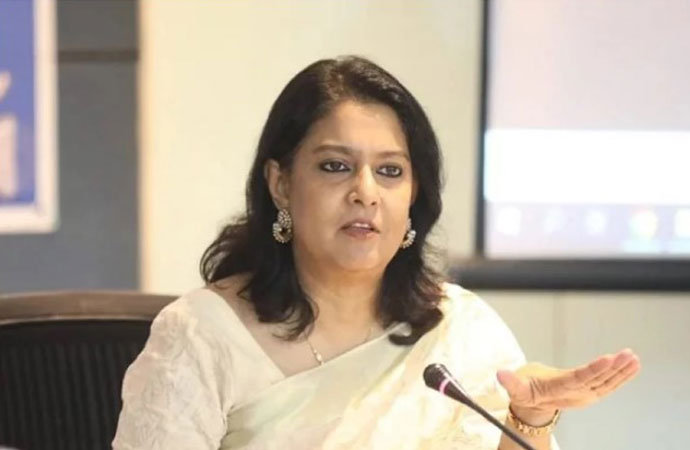


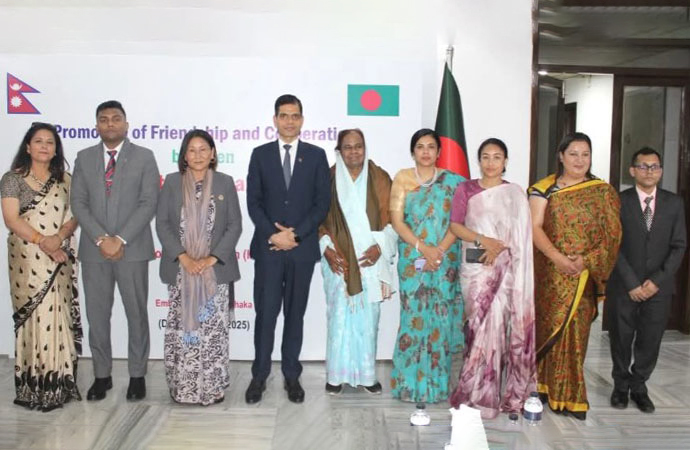









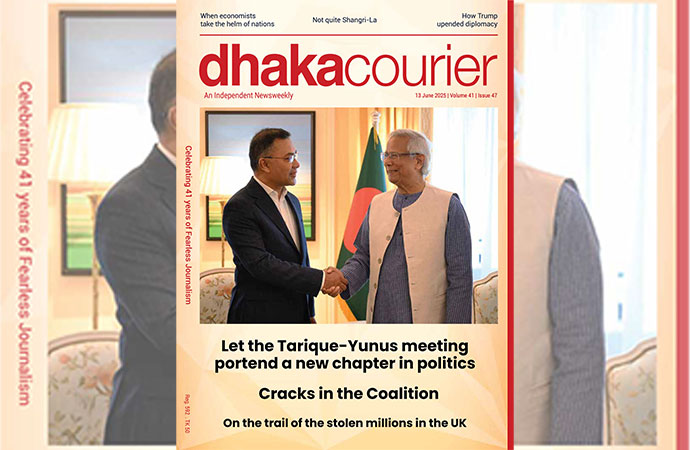
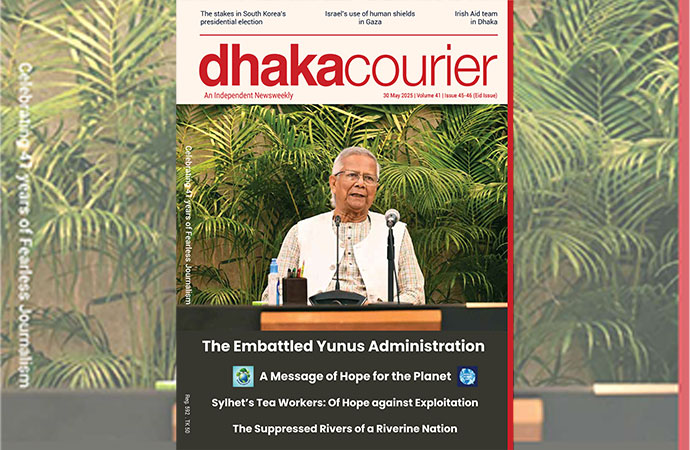

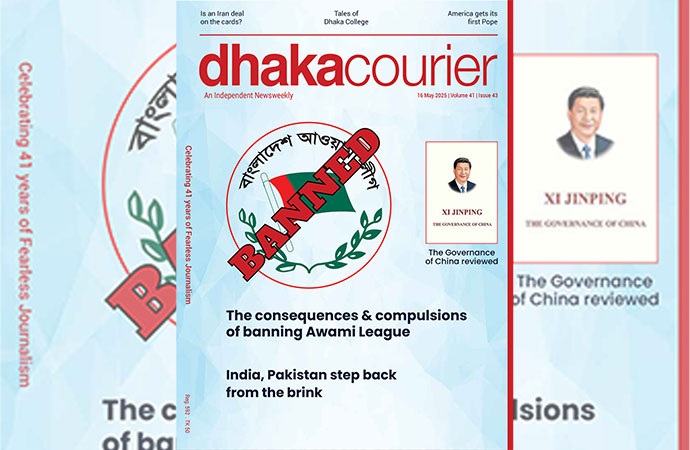
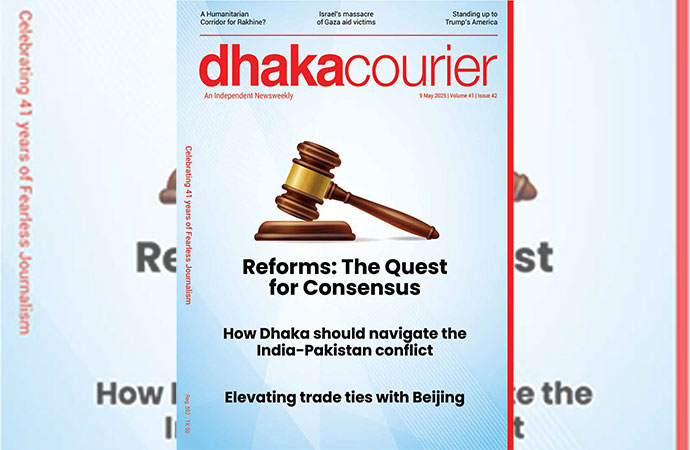

Leave a Comment
Recent Posts
Enayetullah Khan to represent ...
Enayetullah Khan, Editor-in-Chief of United News of Bangladesh (UNB), ...
The tragedy in Ahmedabad touch ...
Air crashes are inherently international incidents, and the emotions t ...
Asset recovery a key focus; breakthroughs from talks ..
'It'll inspire youths to build Bangladesh they dream ..
UK envoy Sarah Cooke happy with Yunus’ visit to Brit ..
Prof Yunus honoured with prestigious Harmony Award b ..